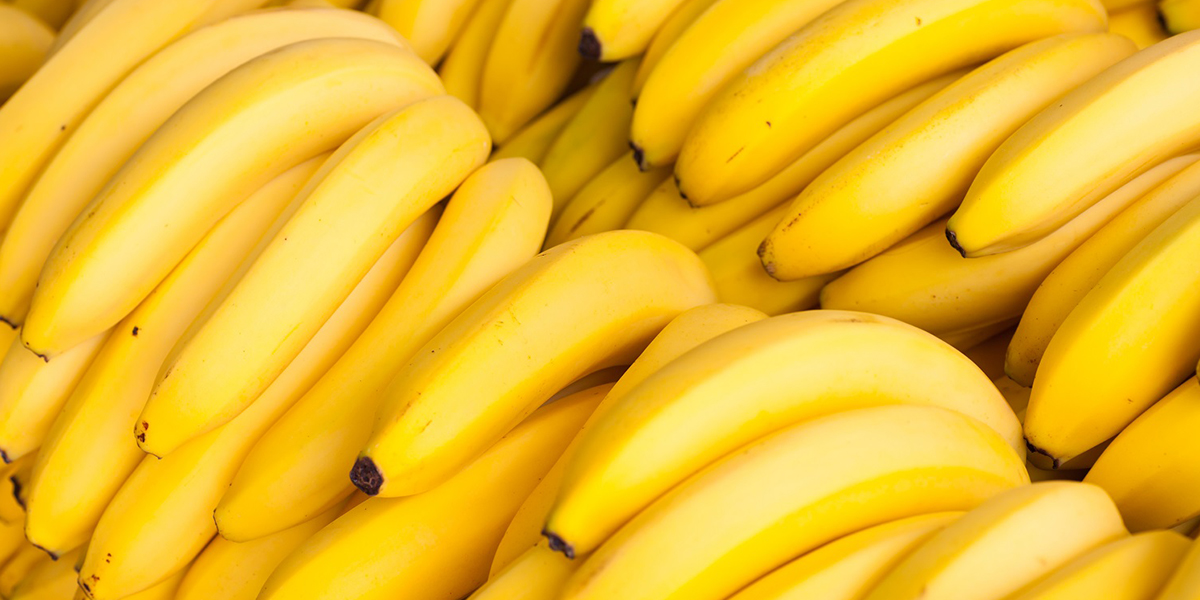

Preservation of Fruits and Vegetables
Proper storage is essential to keep fruits and vegetables fresh and nutritious. If stored incorrectly, fruits and vegetables can deteriorate rapidly and their nutritional value can be reduced. Here are some tips to help keep fruits and vegetables in their best condition:
Cold Storage: Most fruits and vegetables stay fresh longer when stored at low temperatures. The refrigerator is an ideal environment for preserving the freshness of many fruits and vegetables. However, some fruits and vegetables can spoil in the cold, so it's important to know the correct storage temperatures. While it is generally recommended to store vegetables in the crisper section of the refrigerator, some fruits (for example, bananas and pineapples) should be stored at room temperature.
Air Flow: It is also important to provide good air flow in the environment where fruits and vegetables are stored. Airflow helps stabilize the humidity around them, thereby slowing the deterioration process. When storing fruits and vegetables in the refrigerator, it is a good idea to place them in highly air-permeable plastic bags or containers. You can also reduce air contact by wrapping or covering vegetables tightly.
Separate Storage: Some fruits and vegetables produce ethylene gas, while others absorb it. This interaction can cause fruits and vegetables to ripen or rot rapidly. Therefore, be careful not to store fruits and vegetables that produce ethylene gas (eg bananas, apples, pears) close to those that absorb ethylene gas (eg cucumbers, carrots, potatoes). In this way, you can control the ripening process and prevent spoilage.
Humidity Control: Some fruits and vegetables are better stored in humid environments, while others are affected by humidity and deteriorate quickly. For example, vegetables with a high water content, such as leafy greens, can be stored in the refrigerator by wrapping them in a damp cloth. On the other hand, fruits are generally not affected by moisture, so it is more convenient to store them in a dry environment.
Separating from Rotten: Inspect fruits and vegetables carefully before storing. It is important to remove rotten, spoiled or stained ones before consuming them. Rotten fruit or vegetables can contaminate others and cause them to spoil, so it's important to remove them quickly.
Dark Storage: Some fruits and vegetables may deteriorate faster when exposed to light. Therefore, especially sensitive ones (eg potatoes, onions) should be stored in a dark place. They can stay fresh longer when stored in a dry and cool area, away from light.
Freezing or Drying: Some fruits and vegetables can be frozen or dried to keep them fresh. For example, fruits that are abundant in their season can be used for a longer time by freezing or drying them. For this, you can store it in the freezer or dryer by using the appropriate packaging methods.
Proper storage of fruits and vegetables is important to maintain their freshness and nutritional value. By following the tips above, you can extend the life of fruits and vegetables, reduce waste and provide a healthier diet.
Get an Offer Contact UsReferences
As Alfa Proje, we serve each of our projects with years of experience and passion.

ASSEMBLY, MAINTENANCE AND REPAIR
ALFA PROJE DIŞ TİCARET INC. designs the processes specially according to your special demands and ensures the assembly of your projects by authorized and expert technical teams. Our company is ready to provide 24/7 maintenance and repair support with its expert technical service in Turkey and abroad for your projects.











